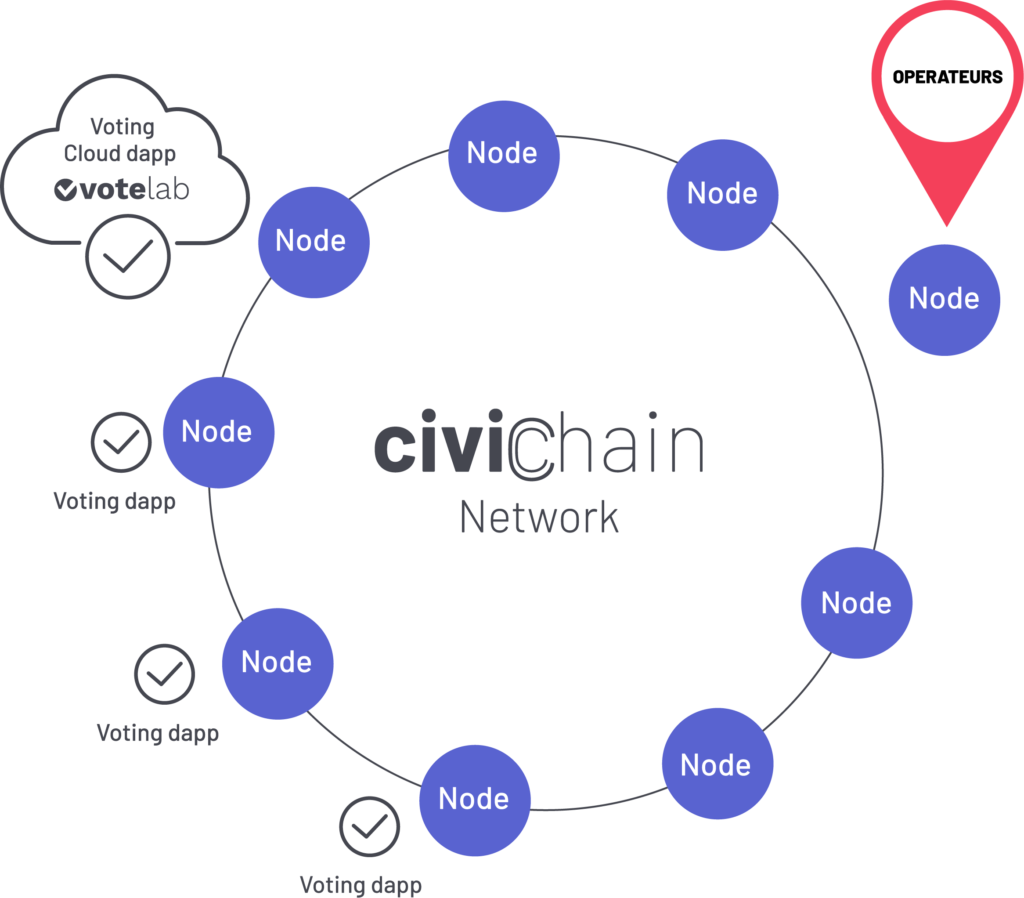Level 0
Governance legalisation of online voting and definition of the set of rules for it – who (organisers and voters), how, when and on what issues?
Level 1
Digital identity
identification and authentication of voters for a given election
Level 2
A secure voting platform to gain the voters’ trust
Level 3
A transparent and inviolable ballot box



